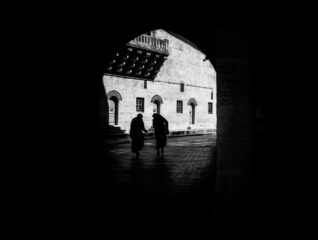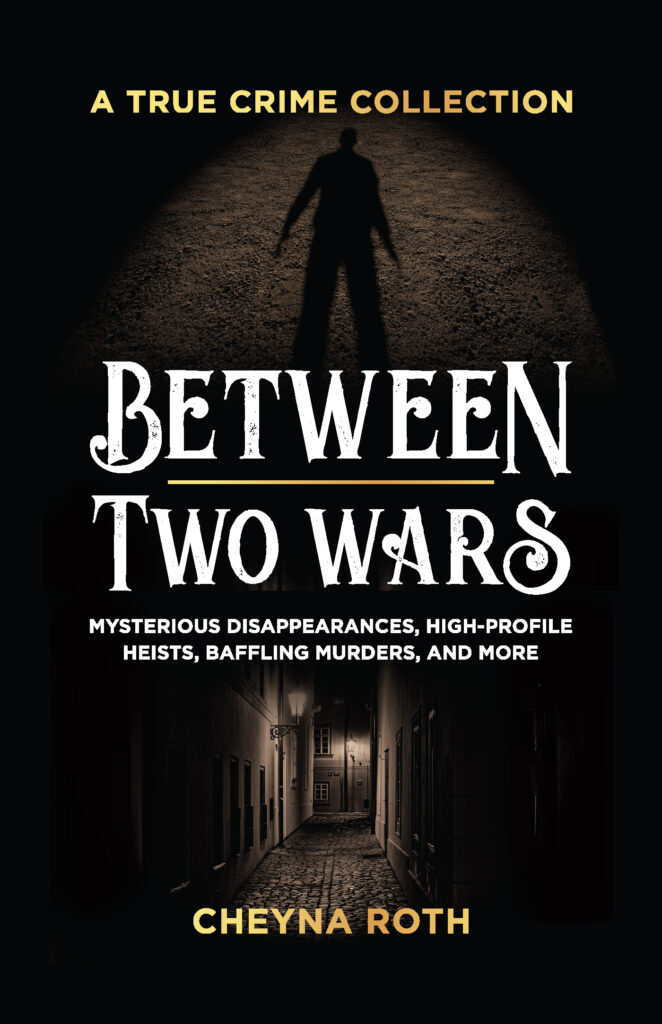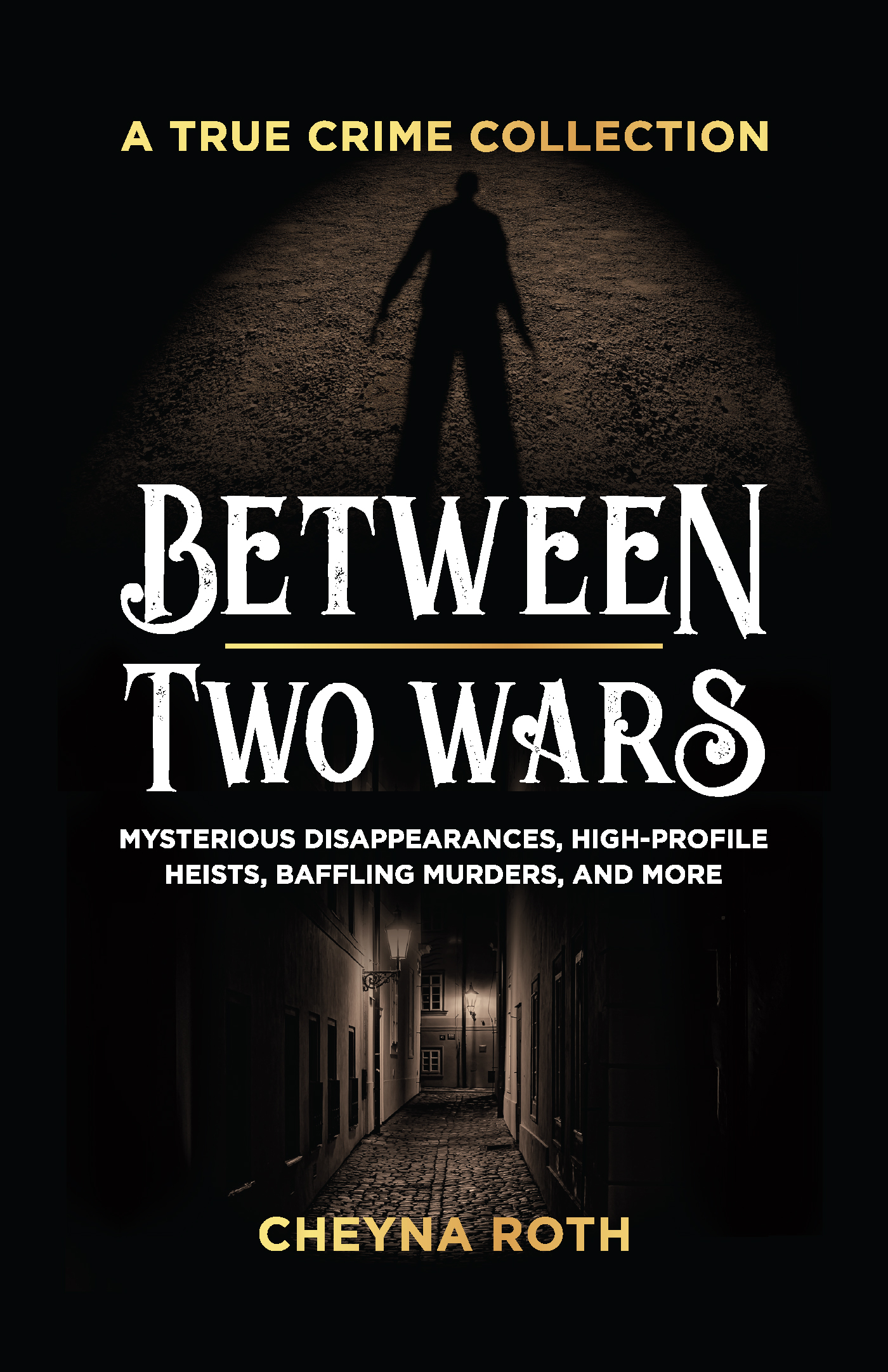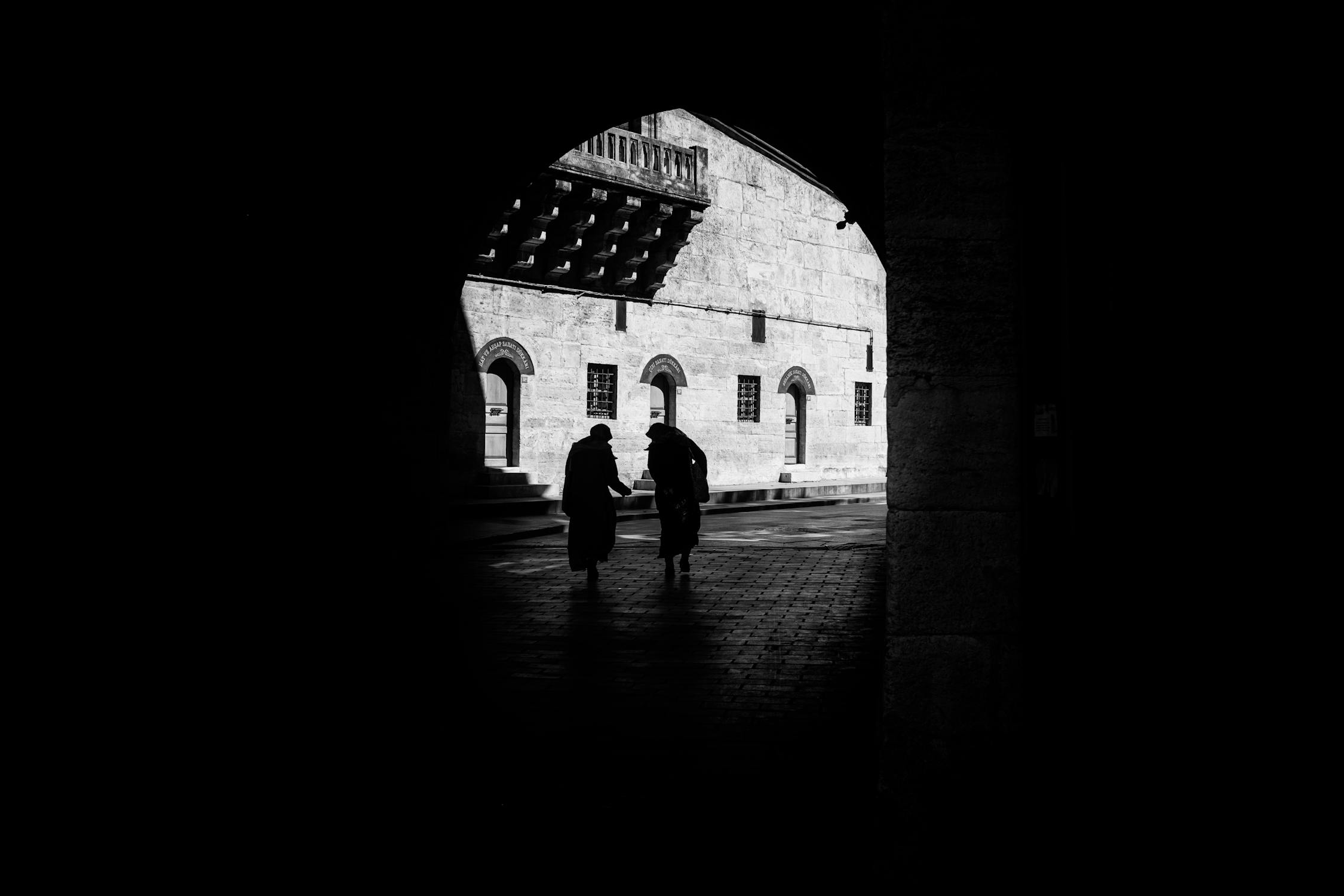
Between Two Wars Sneak Peek: Agatha Christie’s Disappearance
- Book Sample /
- True Crime

So, who did it? It’s not always as easy of an answer as “Colonel Mustard in the library with a candlestick!” But it is the single most important question in any whodunnit book, movie, or TV show. And that’s where all the fun lies — trying to figure out the answer before it’s revealed. Because let’s be real, we all want to feel that satisfaction of knowing the correct answer before it’s blurted out by the detective!
Did you know that Agatha Christie is considered the “Queen of Crime” and is the best-selling novelist of all time? She pioneered the detective fiction genre that we all know and love. She’s the mastermind behind Hercule Poirot, who’s played by Kenneth Branagh in Murder on the Orient Express.
Sometimes, real life is even crazier than anything an author can write up. And that’s exactly what happened for a week and a half in 1926 when Agatha Christie’s disappearance puzzled all of England. That’s just one of the cases that Cheyna Roth explores in this new true crime collection called Between Two Wars. Check out a brief excerpt below, and don’t forget to grab a copy of Cheyna’s book for more scandalous and fascinating crimes!
***

Agatha Christie’s Disappearance
The Murder of Roger Ackroyd is one of Agatha Christie’s most famous novels and, to some, her greatest among many greats. It’s the twist at the end that makes the novel. Filmmaker M. Night Shyamalan wishes he could have done it so well. The fateful twist—the realization that the person we’ve been trusting all along is not who we believed them to be—has become almost cliché at this point.
The unreliable narrator has been used countless times, to varying degrees of effect, over the decades since Christie’s masterpiece was published in 1926, including in American Psycho, Fight Club, and a vast number of thrillers written in the past decade or so, from Gone Girl onward. But what happens when an author becomes the unreliable narrator of her own life? The disappearance of Agatha Christie for a week and a half in 1926 has become a story of much speculation and little actual fact. That’s because when Christie was found, she claimed she didn’t remember what had happened. Honest? Who’s to say?
There’s something that almost induces eye-rolling about the idea that a writer such as Agatha Christie would lead a mysterious life, but she was far from an open book. The titles of her modern biographies seem to agree: Agatha Christie: An Elusive Woman; Agatha Christie: A Mysterious Life; The Mystery of Agatha Christie. But before she was a prolific and best-selling author—with sales topped only by the Bible and Shakespeare—Christie was a woman living in a tumultuous time and enduring a tumultuous life.
The lead-up to her disappearance
It’s important to understand Agatha’s mental state going into December 1926, because there is little else to go on when trying to figure out why she disappeared. In her autobiography, Agatha recounts for pages how lonely she was and how she eventually became physically ill as well as depressed. Did this cause a mental breakdown and result in her entering into a sort of fugue state? Or, as another common theory suggests, was she making all of this up in an attempt to get revenge on her husband? As Lucy Worsley explains, the central question that has plagued biographers and Agatha Christie fans for years is this one: “Can we believe her?”
By December 1926, the Christie marriage was in utter turmoil. The death of her mother weighed on Agatha as she tried to write her next novel for her new publisher, William Collins. She’d been away from her husband so much—physically and emotionally—that the two were becoming strangers to each other. Little by little, Agatha’s mother’s prophesy started to come true. Agatha Christie was in a marriage with a man who did not love her. Not only that, he seemed to be in love with someone else. And while Agatha was a very popular writer and in a lot of ways ahead of her time, she wasn’t happy.
The frenzy to find the popular author
She took one last look at her daughter and left, not to be seen again for almost two weeks. The search for Christie began immediately. Hundreds of people searched for the missing author; multiple reports said three hundred police and civilians were involved. Police hunted with hurricane lamps into the night. Volunteers from all over searched the countryside and beyond for any sign of Agatha.
Three theories were being floated as if they were certainties. One was that she had been murdered or kidnapped. Another was that she committed suicide. And finally, some speculated that Agatha had deliberately disappeared.
***
Eventually, Christie was found. But why did she disappear? And why did she say she couldn’t remember anything? To find out what happened next during Agatha Christie’s disappearance, make sure you purchase a copy of Between Two Wars!
Between Two Wars: A True Crime Collection
Discover the most fascinating crimes committed between two of the greatest wars ever fought, from America’s first train robbery by the Reno brothers in 1866, to alleged killings at the H. H. Holmes Murder Castle in 1893, to the Rumrich Nazi spy case in 1938, and much more. The era from the end of the Civil War to the beginning of World War II
Learn more





